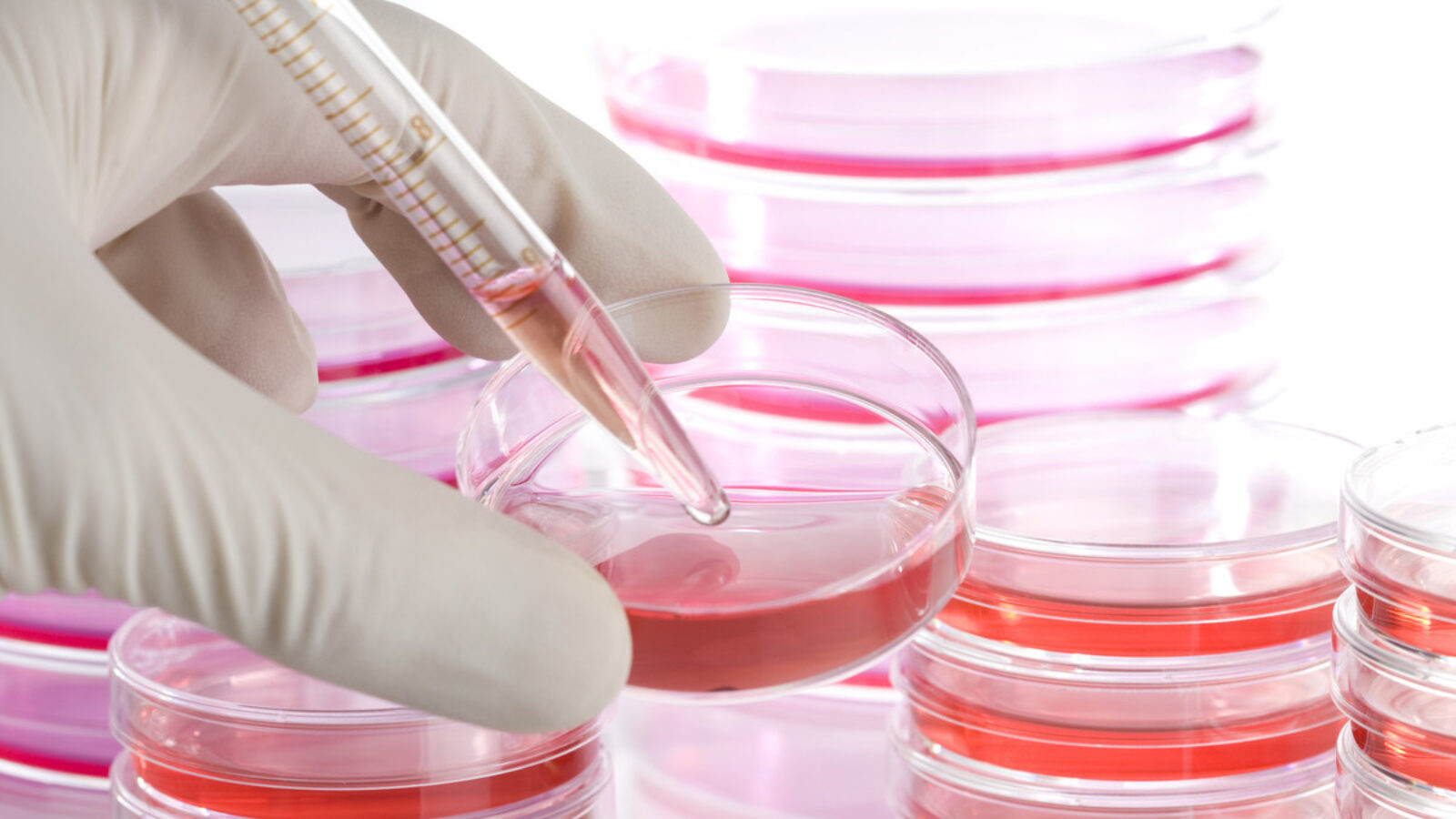For the aggressive forms of acute myeloid leukaemia (AML), a fatal malignancy, therapy options are limited and prognosis poor. Therefore, the project of Manja Wobus focuses on the development of personalized treatment for patients with AML, addressing an urgent clinical aspect.
The hematology team of the Department of Medicine I has a long standing collaboration with King’s College. This time, together with Lynn Quek from the Comprehensive Cancer Centre, they want to decode the “dysregulation of metabolic and immune cells” in order to combat leukaemia more effectively. For this purpose, the group will develop advanced 3D in vitro bone marrow models to analyse the properties of metabolic and immune cells. Additionally, 2D and 3D co- and tri-culture systems will be established to replicate the bone marrow microenvironment for cellular interactions, metabolic modulation and drug screening.
All these factors should be explored to identify personalized treatment options, with the goal of improving outcomes for AML patients. The Dresden biobank provides sufficient samples, and initial analyses conducted in London have already lead the groundwork for more in-depth studies. Moreover, technically skilled PhD students will do some exchange between the London and the Dresden lab, ensuring that expertise from both Dresden and London is maximized for optimal project outcomes.


